Students of this course are able to obtain and implement technical knowledge in operating systems and network technologies. They become experts in the systems and tools used in the day-to-day operations of modern network environments. This programme prepares the student to sit for the CompTIA Network+ Certification exam.
Why you should enroll
Upon completion of this course, the student becomes familiar with the basic concepts of networking, including the OSI and TCP/IP models and the protocols and applications that function within these models; they understand VLANs and their benefits and drawbacks; they become familiar with common network devices such as routers and switches, and work with wireless technologies to create a functional wireless network; they know the different types of network media, including twisted pair cable, coaxial cable, fiber optic cable, and wireless media and how to troubleshoot them; they understand WAN technologies and the properties of LANs including topologies; they understand the methods used to manage and monitor networks as well as the hardware and software tools used in the troubleshooting process; they understand security in wired and wireless environments, the threats and how they can be mitigated; and understand the properties and operations of firewalls.
What this course offers:
These are the topics covered in the CompTIA N+ programme:
- Network Theory
- Network Communications Methods
- Network Data Delivery
- Network Media And Hardware
- Network Implementations (Networking With TCP/IP)
- TCP/IP Services
- Local Area Network (LAN) Infrastructure
- Wide Area Network (WAN) Infrastructure
- Network Security
- Remote Networking
- Disaster Recovery
- Network Data Storage
- Network Operating Systems
- Network Management
- Network Troubleshooting
Who is this course for?
- Entry level computer support individuals with a basic knowledge of computer hardware, software and operating systems and whose goal is to prepare for the CompTIA Network+ exam.


